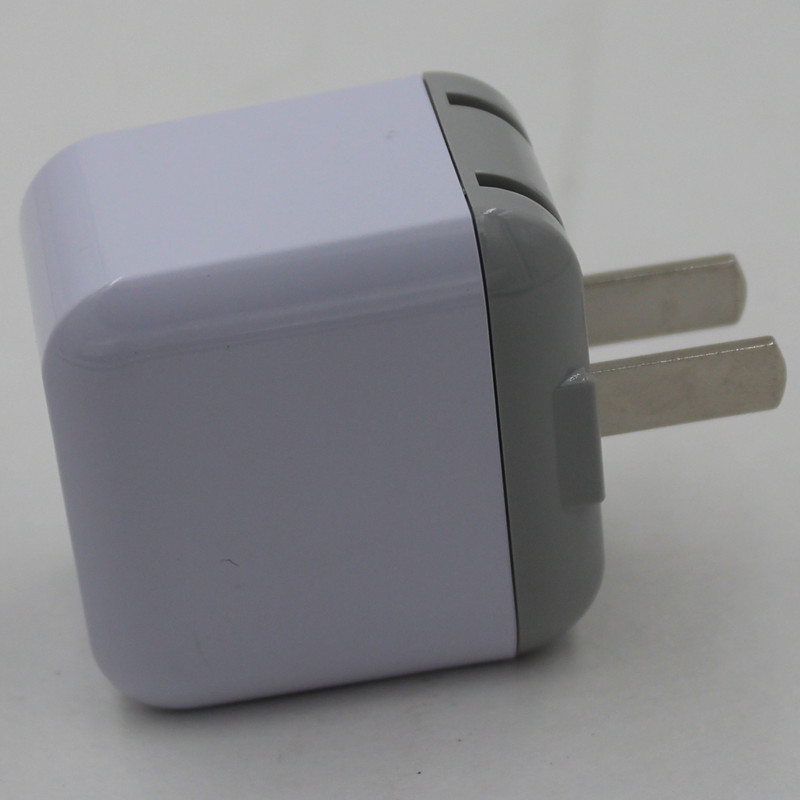Introduction to Copper Blocks
Copper blocks have been a fundamental component in various industries due to their incredible properties. This article delves into the various uses and properties of copper blocks specifically within the context of Singapore. We will explore the relevance of copper blocks in construction, electronic, and other crucial sectors, combined with their unique attributes that make them an essential material.
Properties of Copper Blocks
Copper blocks possess a variety of properties that make them indispensable in numerous applications. Listed below are the key properties:
- **High Electrical Conductivity**: Copper is among the best conductors of electricity, making it ideal for electrical wiring and components.
- **Thermal Conductivity**: It also has excellent thermal conductivity, essential for heat sinks and cooling systems.
- **Corrosion Resistance**: Copper is resistant to corrosion, extending the lifespan of components made from it.
- **Malleability and Ductility**: Easy to shape and form, copper blocks can be transformed into various shapes without breaking.
- **Antimicrobial Properties**: Copper surfaces can kill a variety of bacteria and viruses, contributing to hygiene and safety.
- **Aesthetics**: Copper has a unique, visually appealing appearance, used in decorative applications as well.
Industrial Applications in Singapore
Copper blocks are crucial in various industries across Singapore. Here are some of the significant applications:
- **Construction Industry**: Used in plumbing, roofing, and cladding due to its durability and resistance to corrosion.
- **Electronics**: Integral to the manufacture of circuit boards, connectors, and heat sinks.
- **Telecommunications**: Essential in cabling and components for high-speed data transmission.
- **Healthcare**: Utilized in producing medical devices and antimicrobial surfaces that help reduce infections.
- **Maritime Industry**: Copper-nickel alloys are favored for shipbuilding and offshore applications due to their resilience against seawater corrosion.
Copper Block Attributes and Specification Table
To provide a clear understanding of the capabilities of copper blocks, the table below outlines their specifications and attributes:
| Attribute | Specification |
|---|---|
| Electrical Conductivity | 59.6 x 10^6 S/m |
| Thermal Conductivity | 401 W/mK |
| Density | 8.96 g/cm3 at 20°C |
| Melting Point | 1084°C (1983°F) |
| Tensile Strength | 210 MPa (In annealed condition) |
| Malleability | High |
| Ductility | Excellent |
| Corrosion Resistance | High |
Benefits of Using Copper Blocks
Using copper blocks in various applications brings several benefits, including:
- **Enhanced Efficiency**: Due to its high electrical and thermal conductivity, copper enhances the efficiency of electronic and electrical systems.
- **Longevity**: Its high resistance to corrosion ensures that copper components have a long lifespan.
- **Versatility**: Copper blocks can be easily transformed into different shapes and sizes to meet specific needs.
- **Health and Safety**: The antimicrobial properties of copper help in maintaining hygiene, especially in public and healthcare settings.
- **Sustainability**: Copper can be recycled without losing its properties, making it an environmentally friendly material.
Challenges Faced in Utilizing Copper Blocks
Although copper blocks offer noteworthy advantages, there are certain challenges associated with their use:
- **Cost**: Copper is relatively more expensive than other metals, which can impact the overall cost of projects.
- **Weight**: Copper blocks are heavy, which can be a limiting factor in certain applications where weight is a critical consideration.
- **Theft**: Due to its high value, copper is often a target for theft, requiring stringent security measures.
Conclusion
The use of copper blocks in Singapore spans numerous industries, each benefiting from the distinct properties of copper. From construction to healthcare, electronics, and maritime applications, copper blocks prove to be a versatile and essential material. Understanding both the benefits and challenges associated with copper will help industries make informed decisions. As we continue to innovate and develop new technologies, copper blocks will undoubtedly remain at the forefront, providing reliable and efficient solutions across various sectors.

